Lab experiments pinpoint extra brain growth orchestrated by a single gene change in modern humans.
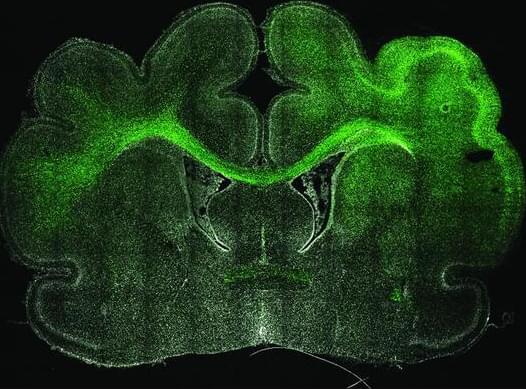

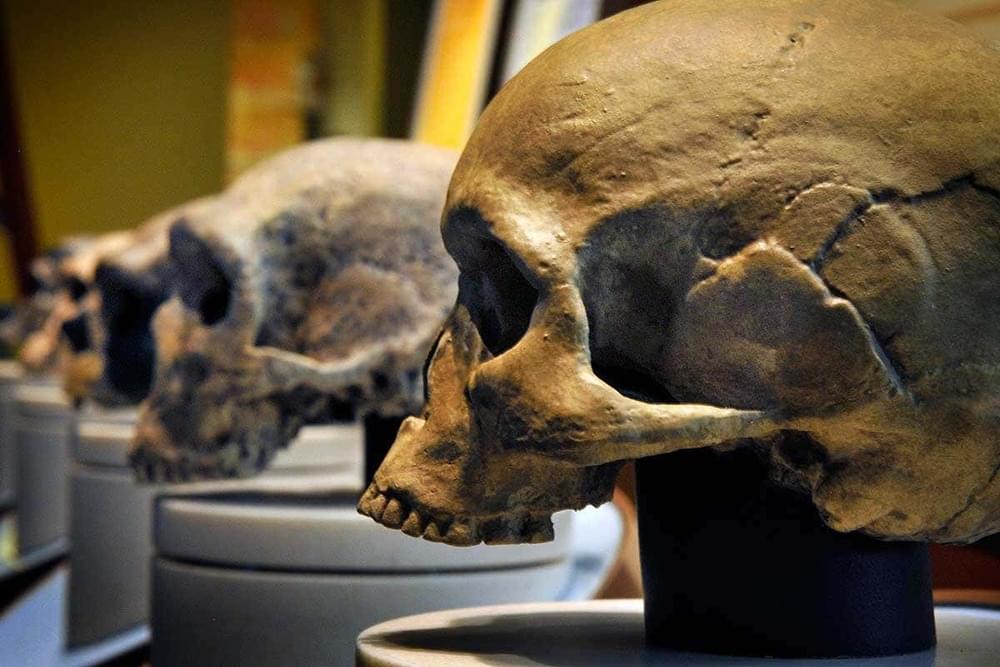
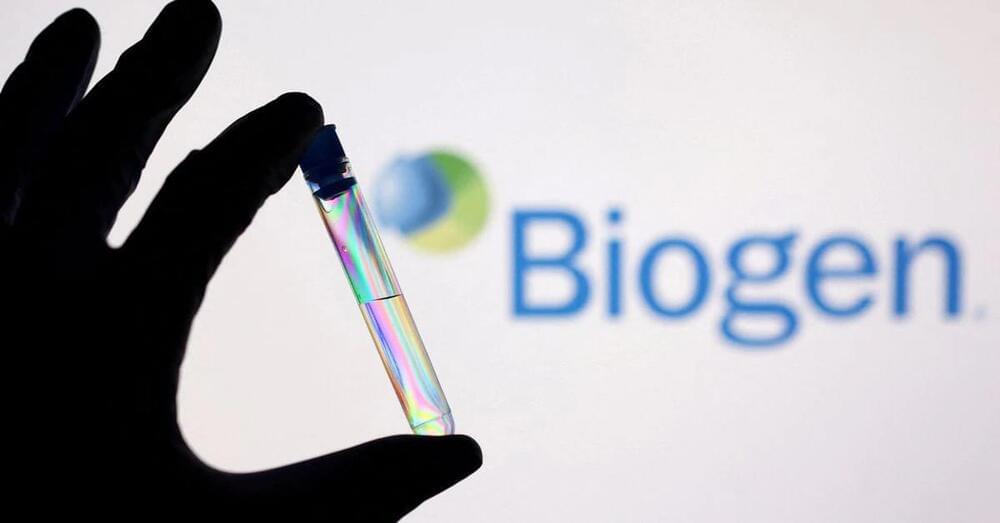
CHICAGO, Sept 30 (Reuters) — Clear evidence this week that Eisai (4523.T) and Biogen’s (BIIB.O) drug lecanemab slows cognitive decline in early stage dementia has galvanized efforts among Alzheimer’s researchers toward a tantalizing goal — preventing dementia even before symptoms start.
Lecanemab is an antibody that targets and removes toxic clumps of a protein called amyloid beta that accumulate in the brains of patients with Alzheimer’s. Results from the companies’ 1,800-patient trial released on Tuesday showed convincingly that doing so also slows the advance of the mind-robbing disease.
In volunteers with mild cognitive impairment and early stage dementia, the drug showed a 27% reduction in cognitive decline after 18 months compared with those who got a placebo.
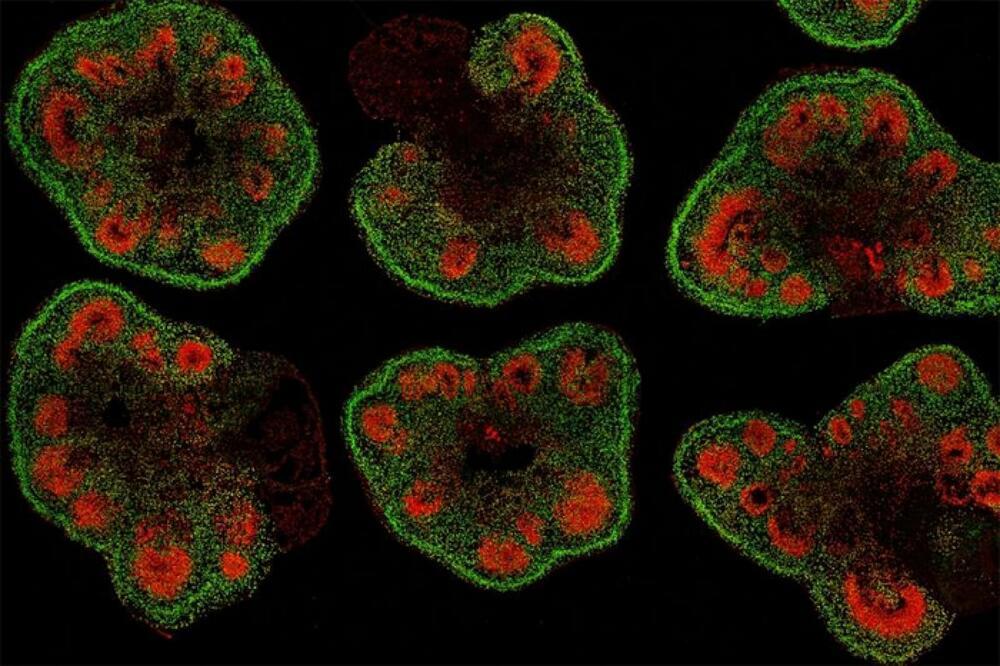
https://www.eurekalert.org/multimedia/959965
Researchers have been growing brain organoids for several years, but not all organoids are created the same. It can vary from lab to lab — and even from batch to batch — which means that a finding made in one organoid may not hold true in another.

With more of us living into old age than at any other time, dementia is increasing steadily worldwide, with major individual, family, societal and economic consequences.
Treatment remains largely ineffective and aspects of the underlying pathophysiology are still unclear. But there is good evidence that neurodegenerative diseases —and their manifestation as dementia—are not an inevitable consequence of aging.
Many causes of dementia, including viral infections, are preventable.

Sept 27 (Reuters) — An experimental Alzheimer’s drug made by Eisai Co Ltd (4523.T) and Biogen (BIIB.O) slowed cognitive and functional decline in a large trial of patients in the early stages of the disease, they said on Tuesday, potentially a rare win in a field littered with failed drugs.
Multiple drugmakers have so far tried and failed to find an effective treatment for the brain-wasting disease that affects about 55 million people globally. A breakthrough would be a major boost to similar studies being run by Roche and Eli Lilly.
Speaking of the Eisai-Biogen drug results announced late on Tuesday night, Ronald Petersen, director of the Mayo Clinic Alzheimer’s Disease Research Center in Rochester, Minnesota said: “It’s not a huge effect, but it’s a positive effect”.
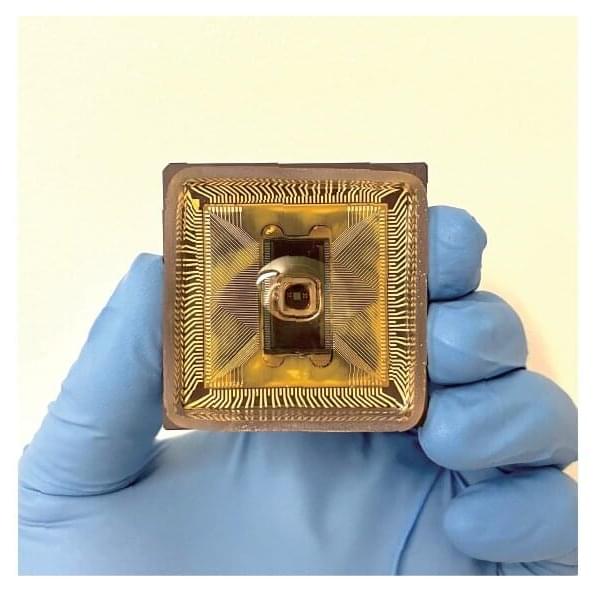
Microprocessors in smartphones, computers, and data centers process information by manipulating electrons through solid semiconductors, but our brains have a different system. They rely on the manipulation of ions in liquid to process information.
Inspired by the brain, researchers have long been seeking to develop “ionics” in an aqueous solution. While ions in water move slower than electrons in semiconductors, scientists think the diversity of ionic species with different physical and chemical properties could be harnessed for richer and more diverse information processing.
Ionic computing, however, is still in its early days. To date, labs have only developed individual ionic devices such as ionic diodes and transistors, but no one has put many such devices together into a more complex circuit for computing until now.
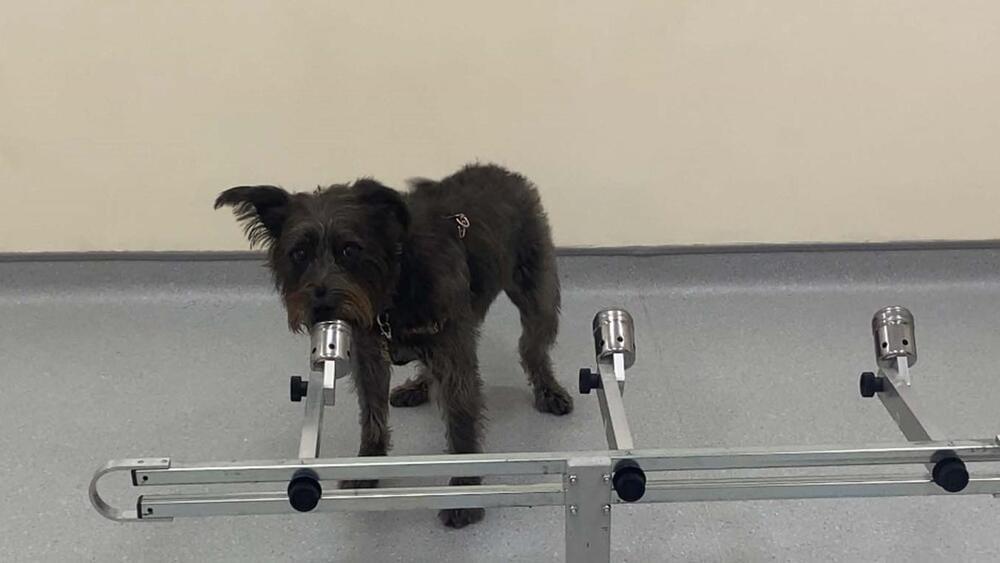
Dogs are amazing, and we all know it.
Dogs do a lot for us. They sniff out diseases, lead those who are blind or visually impaired, and search for humans in disaster areas. And it would come as no surprise if we told you that they could detect stress through humans’ sweat and breath, as well.
Researchers from Queen’s University, Belfast, collected sweat and breath samples of 36 participants before and after they handled a tense mental arithmetic task.
Queen’s University Belfast.
A recent study published in the journal PLOS ONE has revealed just that.
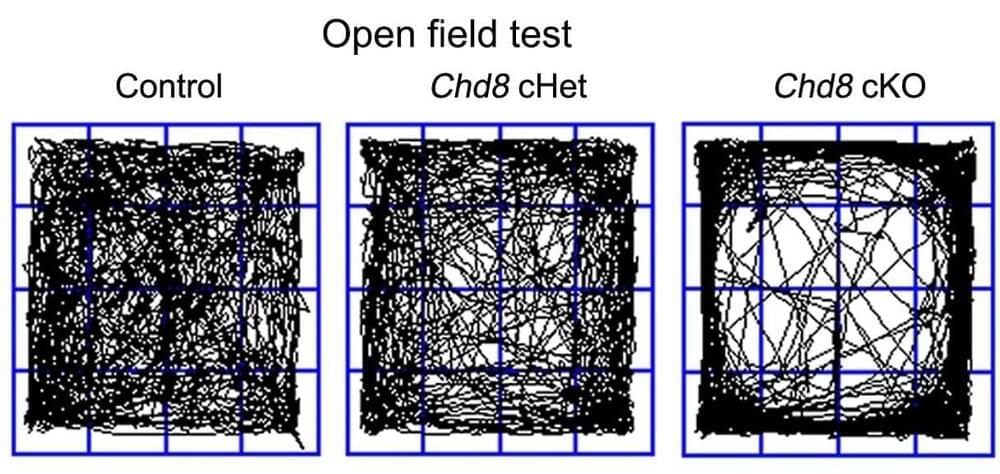
In adult mice with loss of CHD8 gene function, FDA-approved drug partially restores disrupted brain cell production
CINCINNATI, Sept. 23, 2022 /PRNewswire/ — Research led by a scientist at Cincinnati Children’s who primarily studies brain tumors may open doors for improved treatment of autism.
Autism spectrum disorder (ASD) affects about one in 40 children between ages 3 and 17, according to the National Survey of Children’s Health. Those affected often experience difficulty socializing, impaired language development, repetitive behaviors, and other symptoms. Of those tested for various genes linked to the condition, nearly everyone with disruptive mutations of the gene CHD8 has autism.

A California university is refusing to release a cache of grisly photos of monkeys reportedly injured during experiments testing Elon Musk’s Neuralink brain implant technology, in spite of a lawsuit aiming to force the school’s hand.
In a press release, the Physicians Committee for Responsible Medicine (PCRM) advocacy group said that it had learned that the University of California, Davis is in possession of 371 photos of the experimented-upon monkeys that were subjected to Neuralink tests, which took place at the school’s veterinary lab facilities.
Earlier this year, Neuralink admitted that a fifth of the 23 rhesus macaques monkeys it used to test its brain-hacking implants had been euthanized after developing infections and malfunctions. Bolstering PCRM’s credibility, that admission came in the wake of its a complaint it filed against Neuralink.